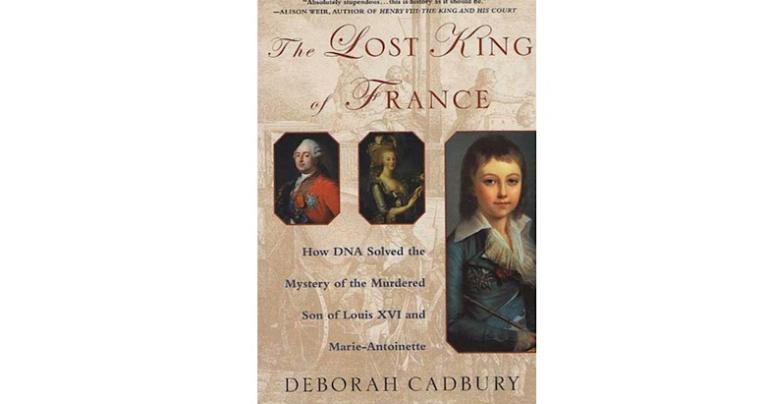 This boy was born in luxury we can hardly imagine and died covered in lice. He was never crowned king, and ended abused and tortured in prison: Louis XVI, the lost king of France. Oddly, there is much to learn about his story regarding the limits of history, the power and limits of science, and the depravity of humans in the name of liberty.
This boy was born in luxury we can hardly imagine and died covered in lice. He was never crowned king, and ended abused and tortured in prison: Louis XVI, the lost king of France. Oddly, there is much to learn about his story regarding the limits of history, the power and limits of science, and the depravity of humans in the name of liberty.
If Venezuela has not proved to you that revolutions are horrible, read about the French one. The eruptions of bestial behavior we dignify with the name “revolution” would have value if they always killed the real tyrants, but too frequently revolutions take down amiable agents of change that do not, quite, manage rising expectations. Louis XIV was king of France and if he had not been, then the United States would not be a nation. He was no reactionary and was unwilling to kill to keep power.
He would have been a fine constitutional monarch, but nobody would let him, including his advisors. He was pushed and pulled in different directions and nobody was satisfied until France was running in blood . . .including his own. Like other murdered monarchs, he married a strong woman that was demonized for her beauty, her heritage, and her brains. Revolutionaries talk a good game about equality until they start demonizing the “other side.”
When they pulled down the King and Queen, they were not content to kill them, they had to get their son to “confess” that his loving parents had committed monstrous crimes. The revolutionaries ended up murdering each other and the entire revolution ended in a tyrant, Napoleon, who had more power to remake France, than Louis would have ever used.
Revolutions kill modest men as tyrants and fawn on immodest men as their new tyrants. It is all enough to make you doubt human nature.
The poor tortured boy, who died in prison, was not allowed to Rest In Peace. Instead, pretenders spent decades claiming to be the lost uncrowned King of France. There was money and fame in it, but also torment for the sister who did survive who faced at least one hundred men who claimed to be her brother.
It went on her entire life.
Meanwhile, a shriveled heart taken from the boy-king was kept as a witness to his life and death.
I saw this withered object . . .a black lump looking like a piece of earth. The fakers and pretenders denied it was the heart of the boy-king, but science eventually showed it was.
There is hope in this. First, humans are not all revolutionaries trying to remake human nature in the name of their cause. Some labor hard, embrace reason, and follow the evidence where it leads. They sustain the science that would prove the boy-king died.
Yet before science could conclusively end the “mystery,” good men and women had done the work of historians to show how implausible any claims of the pretenders might be. The best pretenders lost case after case in court. There were corrupt governments that had reason to deny their claims, but mostly there were hard working civil servants who listened, weighed the evidence, and said: “No.”
The pretenders themselves rarely had the character or the knowledge to sustain their claims against opposition. Perhaps one case was a bit hard, but the conclusion of his contemporaries, most who studied the case, and historians turned out to be correct: Louis XVII died in his prison. For every grifter there was a royalist with a soft heart, but also a hard head that denied the right of the fraud to steal the identity of the torture boy.
Science, thankfully, has ended all doubt, but only because passionate and sane men and women saved the heart of a boy for centuries. They kept witness to his death. They stood against the frauds and eventually were vindicated (even if dead). From this we can learn a a great and good lesson: science, reason, and truth will prevail, but only if romantic souls dedicated to keeping faith with truth preserve the past.
Sorrow is good, but it can deceive. Science is great, but bad men can harness it. Instead, sorrow and science work best when given the tools by simple people who embrace wisdom, virtue, and joy. We do not need a revolution, but mercy to be such folk.
The book is very good. Read it.
———————
*The Lost King of France (electronic copy, Deborah Cadbury, 2002)












